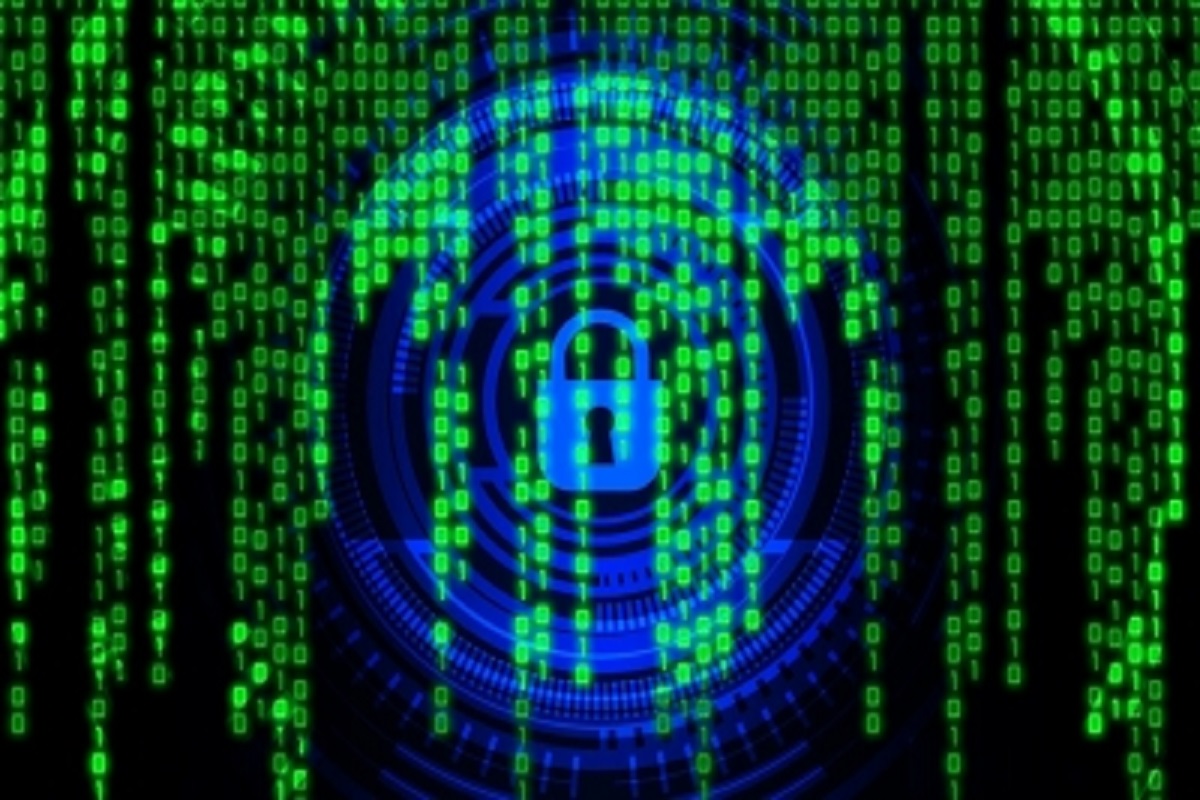There is no denying the fact that since digitalization gained centre stage, our personal and professional lives have been greatly simplified, and the way we work daily has been revolutionised.
In this context, saving details such as name, address, bank details, and so on is tempting when making an online purchase and creating an account online for convenience. And, thanks to technology breakthroughs, we can now do everything at our fingertips with IoT devices powered by internet connectivity. While the internet has made things easier for us, it has also opened the door for data breaches.
Advertisement
Whether in our personal or professional lives, the internet and its use are ubiquitous on a daily basis, which acts as a fertile ground for cybercriminals to target people all over the world. And India is not immune to a cybersecurity vulnerability.
Advertisement
Data Breach Scenario in India
Data breaches have become a typical aspect in this digitally driven society where everything around us is interconnected. When information security and data security are violated, sensitive information, personal information, or other sensitive data are exposed, copied, communicated, viewed, stolen, or used by anyone with unauthorised access.
In this scenario, the risk of a data breach has increased drastically around the globe, including India. According to Statista, global data breaches exposed approximately 15 million data records in the third quarter of 2022. When compared to the previous quarter, this amount had climbed by 37%. According to another IBM analysis, the government sector’s average cost of data breaches has risen from $1.93 million to $2 million in 2022.
Though there are several factors that have contributed to data breaches around the globe. Indeed, data breaches are at an all-time high in the modern era, as humanity has become more reliant on the internet. For one, as the internet continues to benefit individuals in Tier 2, Tier 3, and even more remote or rural locations, a lack of information about cybercrime has exacerbated the situation.
Furthermore, the bulk of the Indian population is still unsure where to go or whom to report following the data breach. More crucially, although being more streamlined and regulated in recent times, Indian laws continue to fail to address the difficulties of expanding cybercrime in the country. Thus, for mankind, it has become a dire need to protect themselves from the breach. Here are some tips to secure personal data amid a breach.
Tips to Protect Personal Data
The consequences of cybercrime may differ for an individual vs. a commercial enterprise. Individual consumers can be deceived out of money and violated their privacy by cybercriminals. Cybercriminals can exploit firms competitively and hold their data for ransom at the enterprise level. As a result, it is critical to comprehend diverse approaches to combating the threat of cybercrime at both the personal and organisational levels.
Awareness: It is critical to create awareness and educate yourself on the precautions you must take when using the internet extensively. In India, OTP-based transaction systems such as UPI are dependable and secure. On the one hand, the government is creating laws such as Personal Data Protection Law to safeguard private information more accountability and responsibly. On the other hand, people also need to be aware of data theft and breaches to protect themselves from potential data breaches by criminals.
Two-Step Authentication: If you have several online accounts, use unique, complex passwords for each to protect yourself from the data breach. Additionally, whenever possible, choose two-step authentication. It requires you to provide a password and a secret number code, as the name would imply. Check your settings to ensure it is enabled across all your online accounts. Thus, it is worthwhile to secure yourself amid the breach.
Using software to protect web browsing: Every website or social network you visit captures a great deal of information about you, such as your location, browsing patterns, and so on.
As a result, you are subject to online data breaches. Installing browser extensions that block intrusive adverts and prevent malware from running in your browser can lessen the chances of a data breach. Furthermore, if you share your devices with several users or are at risk of opening malicious links, you should install antivirus software.
Be Updated: Using the most recent versions of the operating system and software on all of your devices has become advisable. Also, be sure your apps and gadgets are updated.
Since newly released versions are successful at repairing bugs and security flaws. Thus, to keep your devices stable and safe from malware and other forms of data infringement, enhancement of your devices has become a dire need of the hour.
All Things Considered!
People will become more aware of their personal and professional data as technology advances. While the government is taking steps to safeguard citizens from cybercriminals, the onus is also on us as individuals. Thus, one must adopt all the aforementioned tips to be secure from a potential breach.
By- Ratan Dargan, Co-Founder & CTO at ThoughtSol Infotech Pvt. Ltd
Advertisement











